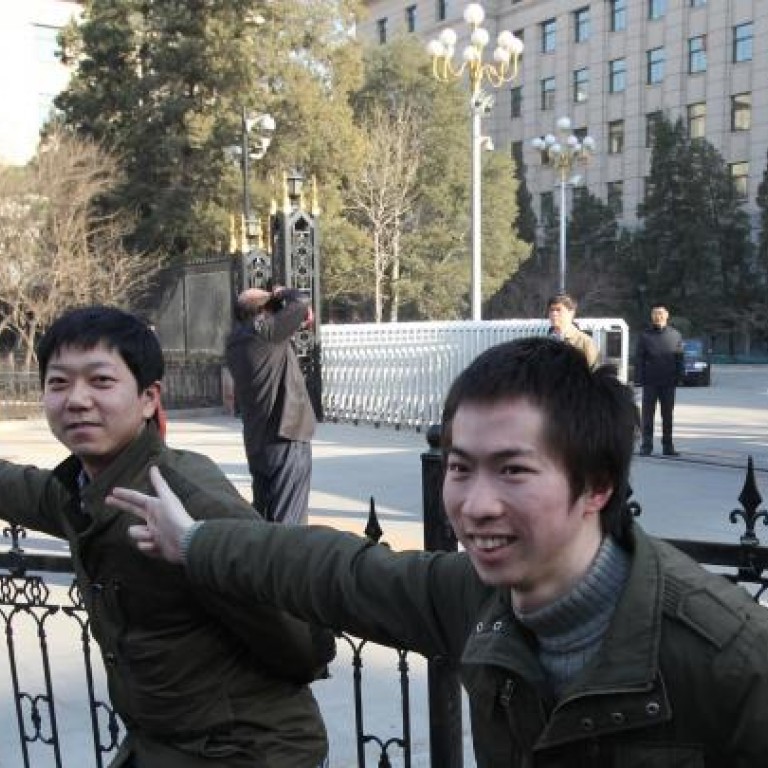
Railways operator will no longer be its own regulator
Scandal-plagued ministry to be scrapped and its operating and regulatory functions divided to boost rail funding and passenger safety
The national railways operator would no longer be its own regulator under the much-anticipated plan to dissolve the scandal-plagued Railways Ministry.

In addition, a new vice-ministerial-level agency, the State Railway Administration, would be established under the ministry to oversee railway safety, service quality and other issues.
Railways Minister Sheng Guangzu said yesterday that he "had no regrets" being the last person in that post, and no one would be laid off because of the restructuring. "The ministry staff are all supportive of the revamp plan," he said.
Sheng was appointed in February 2011 after his predecessor, Liu Zhijun , was ousted amid corruption allegations.
Wang Feng, an official in the Communist Party office involved in drafting the reform proposal, said the new structure was intended to fund the debt-laden railway sector better and boost safety supervision.
"The Railways Ministry acted as both railway operator and supervisor at the same time, making it difficult to hold anybody responsible when accidents happened," he told China National Radio, adding that the new structure would better distinguish responsibilities.
A high-speed train crash in the eastern city of Wenzhou in July 2011 killed at least 40 people, sparking a torrent of public criticism that authorities had compromised on safety in the rush to expand the railways network.
A government report blamed the crash on mismanagement and design flaws, with Liu among the officials held responsible.
The country's massive spending on building high-speed railways in the wake of the 2008-09 financial crisis helped create a huge debt burden for the agency. Official data shows the railway ministry's debt reached 2.7 trillion yuan (HK$3.3 trillion) last September, or nearly 62 per cent of its total assets.
State Council secretary general Ma Kai said in his report yesterday that the government would continue to support railway construction and development. It would also accelerate railway investment and reform of railways' fundraising system and pricing.
Sheng said the government would study the existing debt and deal with it "seriously and appropriately". But he did not consider the debt situation risky as its total amount was still lower than that of an average state-owned enterprise.
He said debt might be categorised by whether it involved railways intended for the public or commercial use.
He also said the railways for commercial use would welcome private and foreign funds, while the price of railway tickets would be set according to market rules.
Wang Yaping, head of the Wuhan Railways Bureau, said commercialised operations could improve transport efficiency of existing railway network, but admitted that the overhaul plan was only a first step and that numerous challenges lay ahead in overhauling the agency.
While most internet users welcome the plan to dissolve a ministry plagued by corruption allegations, some called it "a strategic mistake" as China could lose the opportunity to build a rail network linking Europe and Asia.

